riding far blog
Our goal is to raise riders' awareness of the importance of mental and emotional skills in equestrian sport. We help equestrians achieve their personal riding goals.
WE SUPPORT, CHALLENGE AND INSPIRE EQUESTRIANS
We hope you will enjoy our insights in the forms of Casual Conversations, videos and articles aimed at helping the equestrian transform their relationships with their horses. We are passionate about sharing our knowledge, tips, tricks, and experiences.
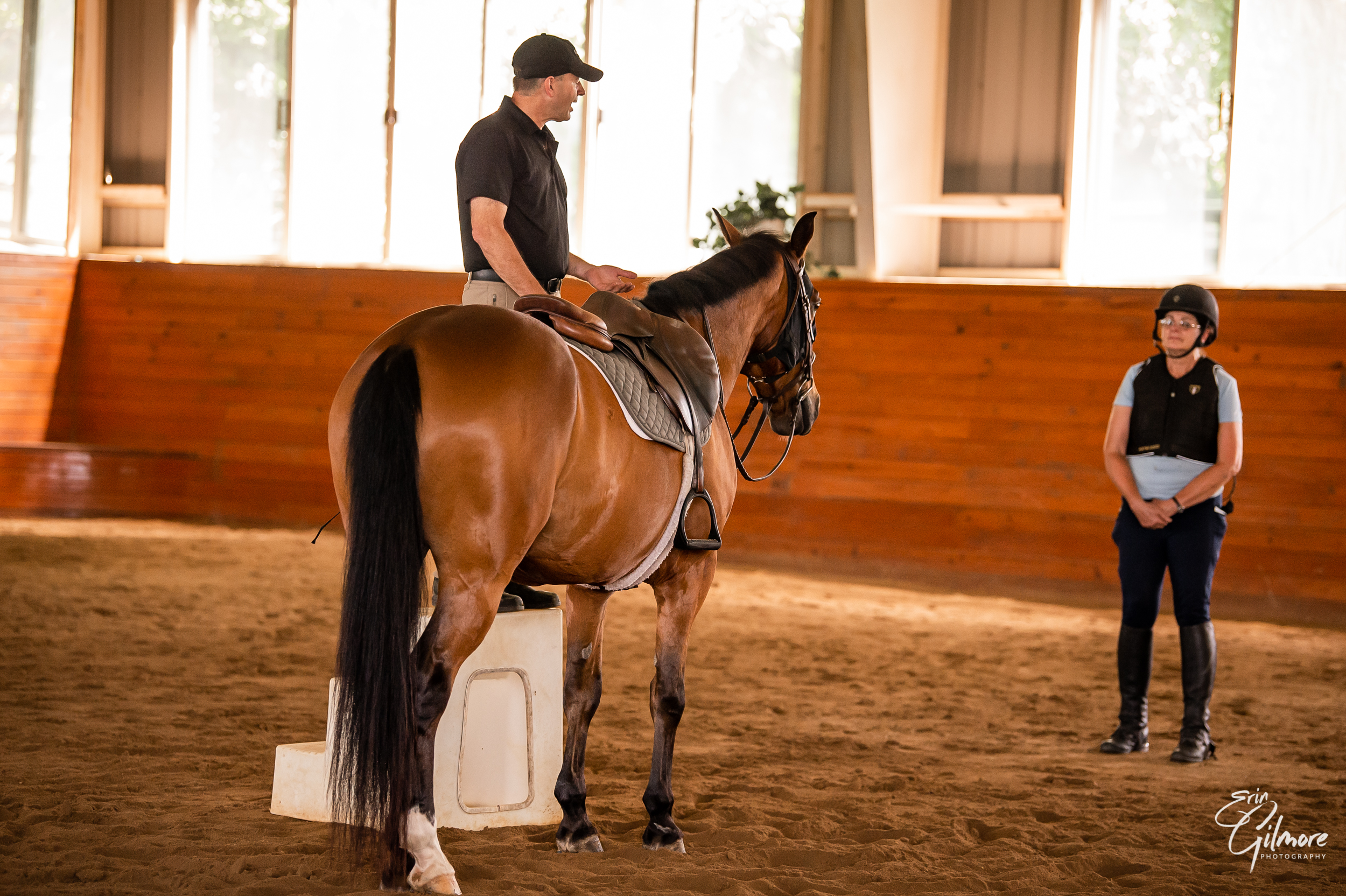
May 29, 2025
For all of us there are moments in a lesson when the horse is the least complicated part of being in the arena.
We’ve all been there when a student suddenly wells up mid-ride, or they go silent, or respond to a simple request with visible frustration.
As instructors, we often find ourselves supporting our students through more than just riding techniques. The emotional landscape of the arena can be complex and unexpected.
Riding Far is putting together a free training for instructors, coaches, and clinicians to help navigate these moments with greater clarity and confidence.
We’d love your help shaping it.
To make sure it speaks directly to what would help you the most, we’ve asked a few questions a short form, it just takes a few minutes.
If you’ve ever thought, “I wish I had more tools for these moments,” we’d be honored to hear what you need.
You’re welcome to remain anonymous.
Click here -> https://link.ridingfar.com/widget/form/N04MzDGpRHPeU61HEjdg
Thank you in advance for helping us help you.
Read More

There is one thing people don’t talk about when they discuss building a bridge: bridges must start and end on stable ground.
I have recently been writing about my experiences as a teacher and psychologist, focusing on the challenges I faced starting out and the personal qualities I had to foster and develop to elevate my teaching and consulting. Not surprisingly, I concentrated on my own regulation—the ability to manage my energy, anxiety, frustration, thoughts, and behavior.
In the role of teacher, mentor, instructor, or trainer, we are all called to expand our self-awareness and commit to personal growth. This includes growth in our knowledge and skills but, perhaps more importantly, growth in our mental and emotional fitness and our capacity for self-regulation.
Teaching and mentoring are all about building bridges. Before we can impart knowledge, provide support, or challenge our students, there must be an established path of connection and communication. Like all bridges, that path must start and end on solid ground.
As a mentor to many riding instructors and trainers, I find that the most common challenges they face revolve around their students’ emotional regulation. I hear about struggles with their students’ tears and fears, anger and frustration, acting out, and shutting down. When our students are dysregulated, we cannot teach, and they cannot learn.
When this happens, we need to rebuild the bridge, starting with establishing stable ground in ourselves and helping our students find theirs. ~ Paul
May 28, 2025
Read more

May 27, 2025
I hit the ground hard and felt his feet flying over my head. Just moments earlier, we had been standing quietly by the wall.
I’m a professional rider who spends a lot of time looking for what happens before what happens happens, as the saying goes. Sometimes you just don’t see what’s going to happen before it happens and it’s in these moments that we get hurt.
I was lucky this time— a mildly separated AC joint in my right shoulder and a bruised leg. After a few weeks, I’m already back in the saddle. But those weeks out of the saddle gave me something important to reflect on.
With extra time spent sitting with my a$s in a chair instead of a saddle, busy with lessons, office work, and liberty training, something obvious hit me: When my students struggle, I often take the easy route—stepping in and handling things myself rather than breaking it down and guiding them through it.
But what happens when I can’t step in? I find the holes in my teaching. I struggle to be clear, I lack creativity, and I have trouble rephrasing instructions when something isn’t clicking. Ironically, sitting in a chair all day exhausts me because even from outside the arena I can’t help but ride every stride!
So, if so much of my teaching relies on stepping in and “doing,” can I challenge myself to truly teach without doing?
Professionally, my job is training horses—mostly young horses across various disciplines. Working with horses is my life, my trade, my passion. But there’s another part of my job I didn’t train for: teaching.
I worked with my first paid client horse and taught my first lesson at age 16. Until then, all my education was about horses—not teaching. To be honest, I wasn’t adequately prepared to teach back then. And truthfully, am I today? I still haven’t attended school specifically to learn how to teach. Have you?
If your answer is yes, you’re in the minority. Most of us in the equestrian industry teach, but few have formal training in teaching methods, myself included. I find this lack of education unsettling as a whole. If you’re like me, you’re probably teaching without formal qualification. I figure it’s time to change that… and it starts with a conversation.
Read More
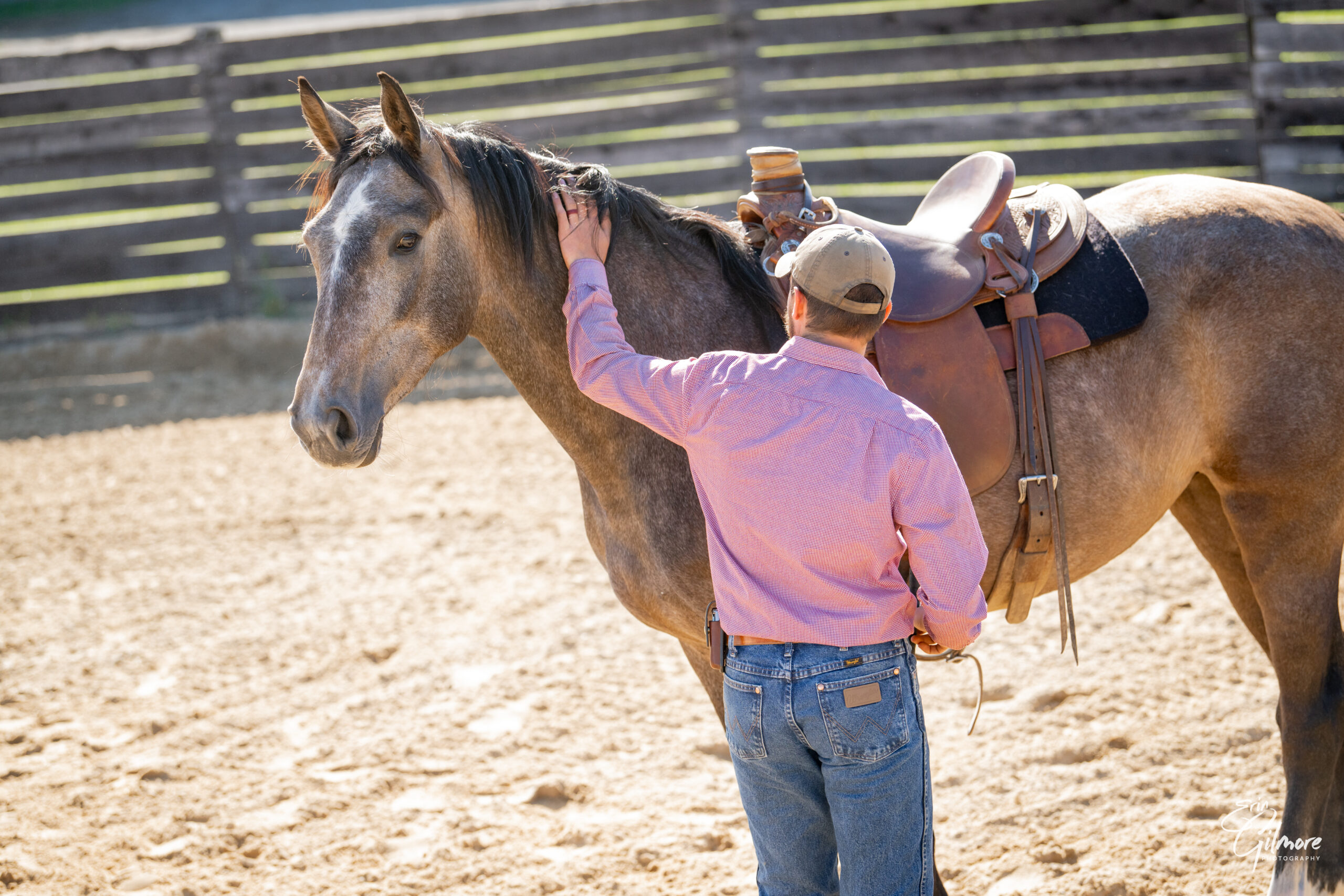
I remember my first day teaching like it was yesterday. Fresh out of college, I walked through the door of my high school senior Developmental Physics class (physics without numbers) just as the bell rang and took my place at the front of the room. There, right in front of me, sat the football team… in formation. Linemen in the first row. Receivers on the wings. Quarterback and running backs in the second and third rows, respectively. My heart started pounding. My mouth went dry.
For those who don’t know me, I am not a big man. I was terrified and filled with trepidation. Images of a classroom spiraling out of control flashed through my mind. I desperately wanted to succeed in my first job out of college, and I was terrified that it would dissolve into disaster in the very first class of the very first day.
The next few minutes turned out to be pivotal. I had to decide in a moment how I was going to approach the class. I am forever grateful that I decided on being firm (a bit of a hard-ass, to be sure), fair, and funny, in that order. In the end, that class ended up being one of my favorites of all the classes I have ever taught.
I have said it before, and I will say it again: Teaching is one of the hardest things a person can do. It requires an incredible level of awareness of both yourself and your students. It requires an extraordinary amount of personal resilience and self-control. It also requires a powerful capacity to connect and act in the service of others, even when those others process and react to the world in ways profoundly different from you.
Maybe the only thing harder than teaching is teaching riding. Here’s to all the instructors out there who are in the arena every day, teaching a challenging skill while facing fears, calming nerves, fostering courage, and cultivating confidence and a love of both horses and the sport. We appreciate you and want to support you in any way we can. ~ Paul
PC – #eringilmorephotos
#mentalhealthawarenessmonth #horses #ridinginstructors #ridingfarllc #equestrian #equestrianlife #equestriansportpsych #sportpsychology
May 24, 2025
Read more
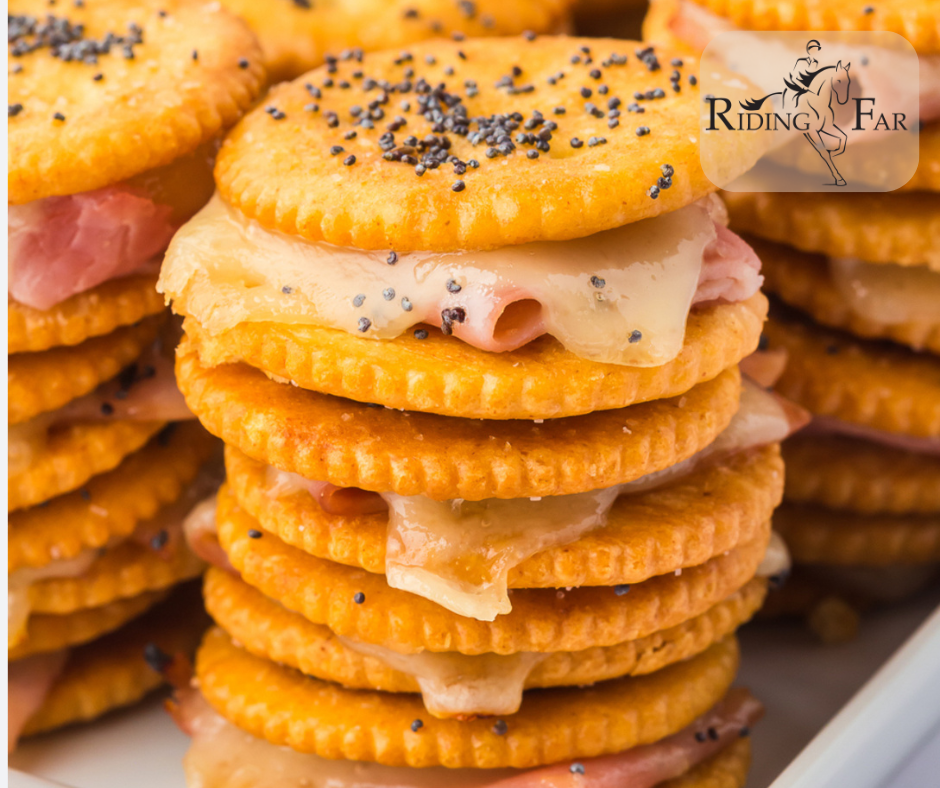
May 23, 2025
I remember an ad campaign from the ‘70s where Andy Griffith is sitting at a table with an assortment of food. One by one, he selects something—ham, cheese, or peanut butter and jelly—and places it on a Ritz cracker. Because, as we all know (at least those of us born before 1970), “Everything tastes better when it sits on a Ritz.”
I have been in a reflective space as of late, and one of the things I have been wondering about is: what exactly makes me better at what I do? What is my equivalent of the Ritz cracker?
If I think back to the early days of practice and compare myself to a younger me, I certainly know a lot more now than I did back then. I know more about psychology, neurology, human behavior, performance, and human interaction in general. I also know more about a multitude of interventions, and I have a ton of tools in my toolbox that I didn’t have back then. But did this knowledge and skill make me a better therapist or performance coach?
Certainly, growing my knowledge, skill, and experience went a long way in making me better. But that is more like the ham, Swiss cheese, or peanut butter and jelly. Sure, it is necessary, but is it sufficient to be my best self?
One awareness I keep coming back to is how emotionally stressed I was early in my career. I was often anxious or uncertain when faced with new clients and their difficult challenges. I would panic at times if I didn’t know how to respond. I would get frustrated and angry when clients did not follow through with my suggestions. I judged myself harshly and would get caught up in ruminating about perceived mistakes. In short, I had a difficult time regulating myself and my emotional response to professional challenges.
It makes me smile to think that I have made a living helping people better regulate themselves, and at the same time, the one thing that will continue to make me better at what I do is to grow in my ability to regulate myself. Grow in my ability to regulate my nervous system activation. Grow in my ability to regulate my emotions. Grow in my ability to regulate my thoughts and behavior. Because everything is better when it is done by a well-regulated person. Regulation is the Ritz. ~ Paul
#ridingfarllc #sportpsychology #equestrian #ConfidenceBoost #growthjourney #sportpsych #sportpsychologist
Read More
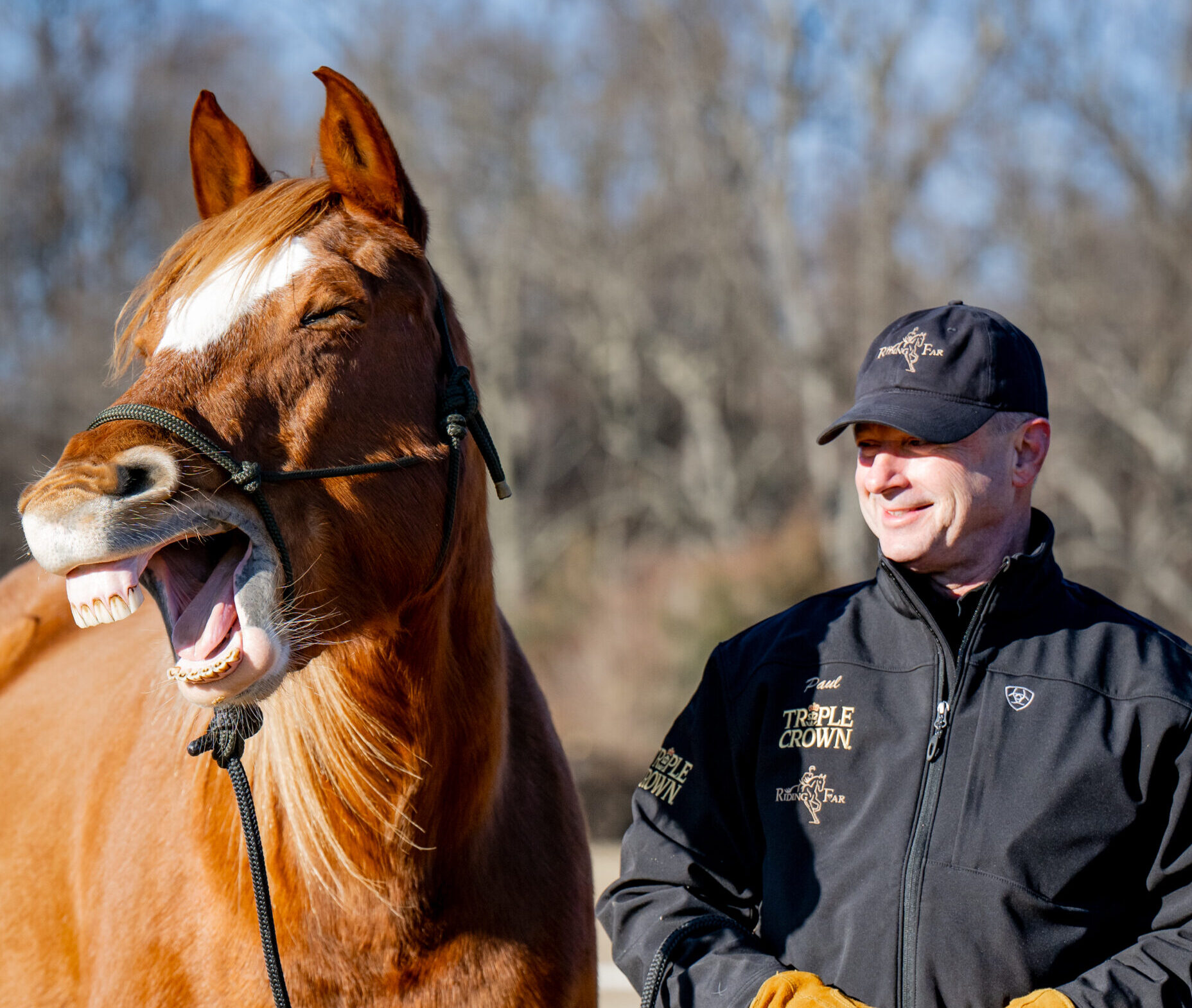
Last year my son Luke received a grant to compose a piece that “elevated the voices of post-incarcerated women” for the Freedom Fighting Missionaries (FFM) that serves post-incarcerated and justice-involved individuals and families. Last night his piece premiered at FFM’s annual fundraising gala. On a personal note, I am incredibly proud of this young man for his talent, vision, compassion, hard work, and the creation of this powerful piece. After his piece was played, he walked back over to our table and said something to the effect, “400 man hours and… that’s it.”
The parallel to any riding competition, or any project culminating in a defined outcome for that matter, is striking. After hours, years, and sometimes decades, it all boils down to a few minutes and… that’s it.
Imagine for a moment that your sense of self-worth and your identity was all wrapped up in the performance. What stood out for me last night was the difference between the performance which will be judged by each individual through their own personal filters and Luke’s experience of creation. I know my son to be the man who sought to serve the community rather than himself. I know my son to be the man who endeavored to connect with and compassionately understand the experiences of the women he interviewed. I know my son to be the man who worked diligently and creatively to give these experiences life in music. And, he is so much more than the performance of one piece. So much more than a composer.
It is a reminder for me this year as I enter into our clinic season and step into working equitation competition that I am so much more than my performance in any of these roles at any time. Join me in knowing and embracing our larger selves, drawing our sense of value and esteem from all of who we are and all of what we do. Then we might say, “400 man hours… Yes!!!”
~ Paul
#performance #performanceidentity#selfworth #bestself #equestrian#equestrianlife #sportpsych#equestriansportpsych #sportpsychology#equestriansportpsychology
May 20, 2025
Read more
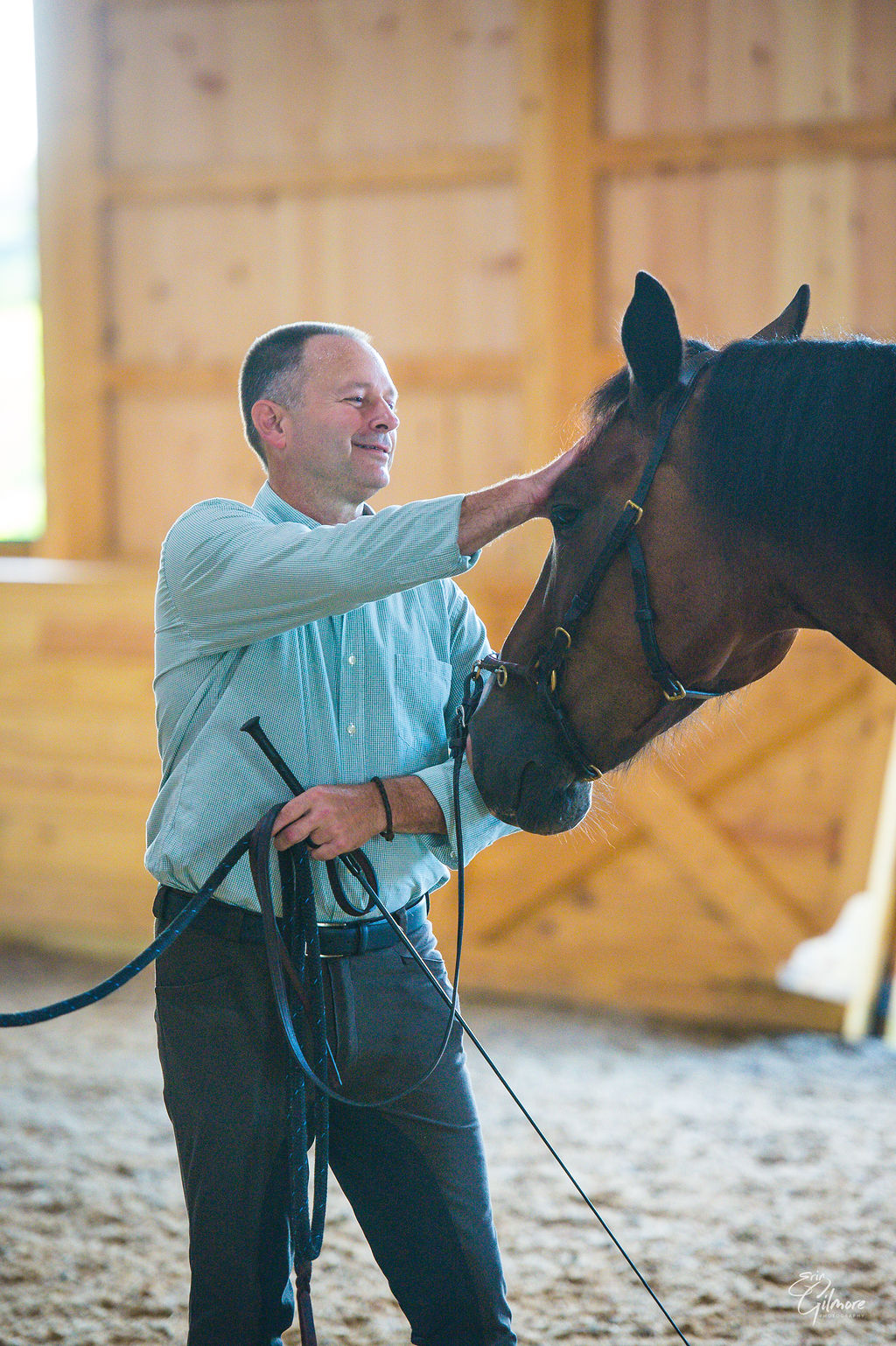
May 17, 2025
“I am not a therapist!” exclaimed one of my instructor clients, exasperated by a student’s emotional reactions during a recent, particularly challenging lesson. I replied, “Absolutely, nor should you be. Let’s discuss what you can do instead.”
This month is Mental Health Awareness Month. I am heartened by the numerous social media posts raising awareness. There was a time, early in my life and career, when mental health issues carried a much greater stigma. I am encouraged by the growing recognition of the need for services and the expanding variety of offerings, including equine-assisted work.
However, I am mindful that it is Mental Health Awareness Month, not Mental Illness Awareness Month. In that spirit, I want to share thoughts on how all of us—therapists, instructors, riders, and families—can celebrate and support mental health.
Research suggests several ways to support mental health without being a therapist. Two are natural parts of the riding experience: physical activity and spending time outdoors connecting with nature. However, perhaps the most powerful way to support mental health, and one over which riding instructors have significant influence, is fostering connection, community, and social support.
Instructors create a culture in their lessons, barns, and interactions with students and their families. Research and experience indicate that cultures of connection, acceptance, and kindness support and enhance the mental health and well-being of everyone involved.
As we observe Mental Health Awareness Month, let’s recognize the vital role that our riding communities play in supporting mental health. Through physical activity, time in nature, and, most importantly, fostering social connections, we can make a significant difference in the lives of our students and fellow riders.
I encourage each of us—instructors, riders, and families—to take an active part in creating a culture of kindness and acceptance. Commit to one small action this month that promotes connection, whether it’s sharing a kind word or simply being present for someone who needs support. Together, we can create a healthier, happier community.
~ Paul
#mentalhealthawarenessmonth #horses #ridinginstructors #ridingfar #ridingfarllc #equestrian #equestrianlife #sportpsych #equestriansportpsych #sportpsychology #equestriansportpsychology
Read More
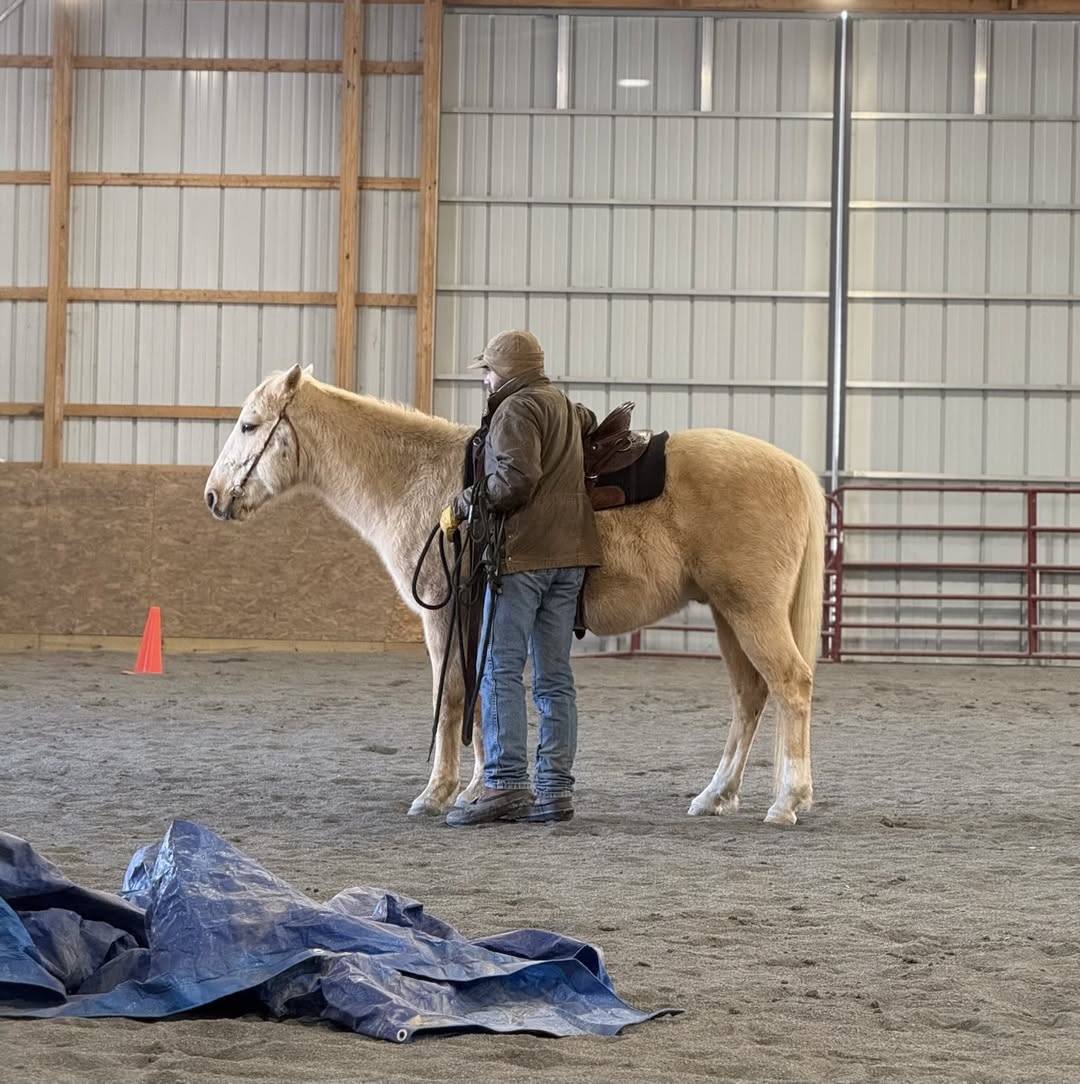
May 16, 2025
Read more
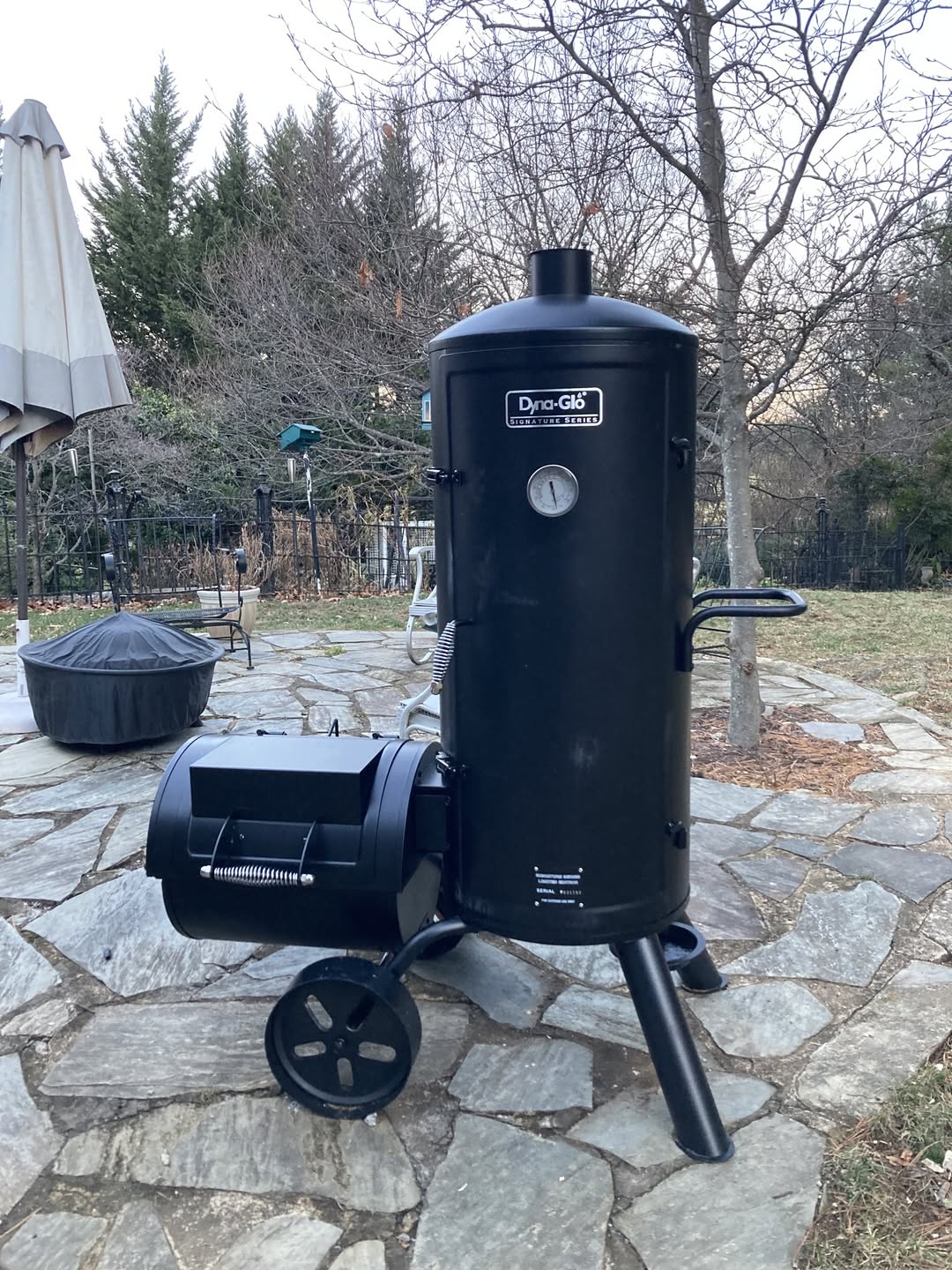
May 16, 2025
Read More
May 13, 2025